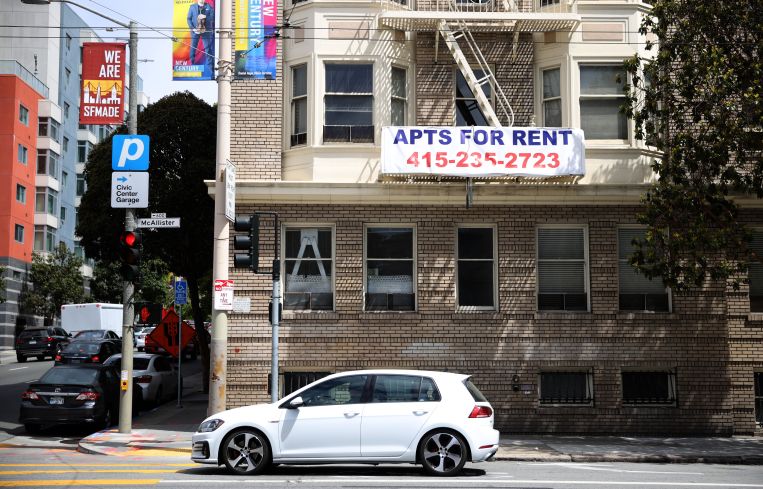Busting Old Ideas About the Rental Market
By Michael Lucarelli May 12, 2023 11:15 am
reprints
I’ve been hearing a lot of people talk about “How to Get Rich,” one of Netflix’s most recent releases. After watching a couple episodes, it struck me how often the rent-versus-buy dilemma is addressed.
The host, financial adviser Ramit Sethi, challenges the premise that homeownership is the ultimate “right” decision, and conveys renting as a smart, sound decision that can also build wealth.
Traditionally, buying a home has been considered a crucial part of the American Dream. However, one of the main arguments in favor of renting is affordability.
The cost of purchasing a home has increased significantly, with mortgage rates as high as 7 percent for a fixed-rate, 30-year loan. The current average monthly mortgage payment in California is $3,648.35 with 20 percent equity and including principal and interest. When you factor in the additional costs of homeowners insurance and property taxes, the average monthly fixed costs for owning a home in California can easily exceed $4,000. That compares with the average monthly rent in the state of $1,844.
It is worth noting that real estate is inherently local. What’s true for one area may not be true for another, and rental costs are still rising in many parts of the country. According to Realtor.com, rents climbed 3.1 percent year-over-year in February, while rising much faster in some of the more traditionally affordable areas, including Indianapolis, Oklahoma City and Birmingham, Ala., where rents rose 11.8 percent, 10.9 percent and 9.4 percent, respectively.
Despite the focus on affordability, the decision to rent or buy is also increasingly becoming a lifestyle choice, as I discussed in a previous column in February. Renting can offer greater flexibility, allowing individuals to move more easily or try out different living arrangements.
Surprisingly — and this is a conversation that is only now starting to become more common — it can also prove to be financially smart, by freeing up money that can be invested elsewhere to build wealth, build a credit history, save for retirement, or start a business.
In America, we have long believed that one’s home should also be an investment. However, this is not the case in many other countries. Additionally, the lack of understanding about phantom costs of homeownership — such as taxes, insurance and maintenance — can make it more expensive than expected and not as much of a savvy investment.
The conversation of renting versus buying making its way into mainstream shows such as “How to Get Rich” will undoubtedly spark a different discussion and better understanding. Ultimately, the decision to rent or buy a home should be based on individual circumstances and financial goals. While owning a home is still considered the American Dream, renting can be a smart, sound decision that can also build wealth.
Michael Lucarelli is the CEO and co-founder of RentSpree.



